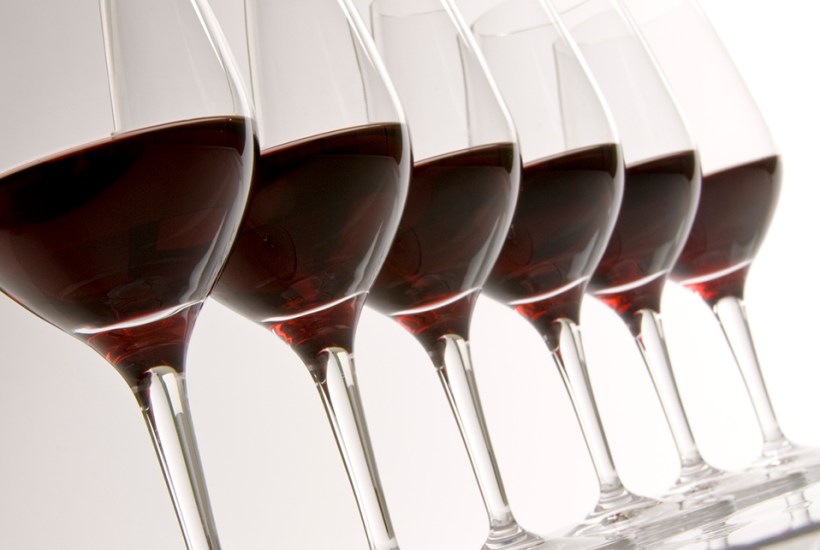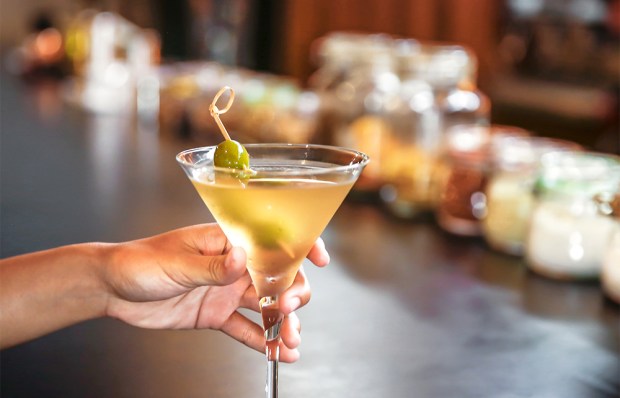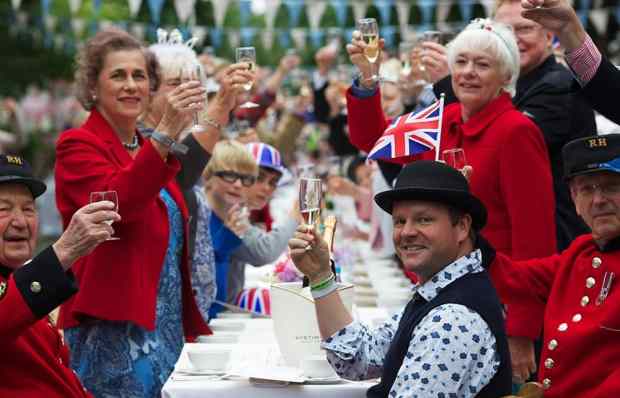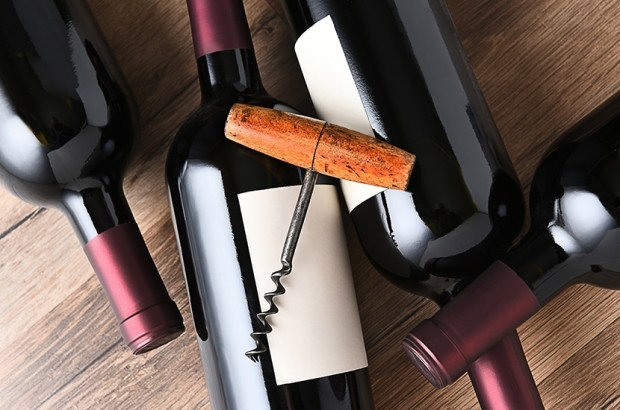‘Come dance with me in Ireland.’ That has always struck me as an enchanting prospect, though a recent Hibernian venture did not involve dancing and took place in London.
There was an Irish academic called R.B. McDowell. To call him eccentric would be an understatement. He adorned Trinity College Dublin for decades, starting from the era when TCD was still part of the Anglo-Irish Protestant Ascendancy. Whenever Trinity men foregather, they can be relied on to tell McDowell stories.
R.B. belonged to a small club, devoted to the pleasures of talk and drink. Living into his nineties, he found a way of thanking those who had provided him with good company. His will endowed part of the cost of an annual dinner, enough indeed to pay for our wine, so that we were able to toast his memory. There would be a speech, and it seemed appropriate that this should have an Irish theme. A couple of friends went over to Dublin and met a genial professor who appeared to be just what was wanted.
Alas, that was at lunchtime. In assessing the indomitable Irishry’s staying power for an evening engagement, we should have requested further and better particulars. The aftermath evoked reminiscences of Norman Stone. There was no guarantee that the late Norman would have turned up for such an event. Were he to do so, the Irish police courts’ phrase ‘drink taken’ would have been a self-evident truth – yet somehow Norman always gave a scintillating performance.
Except at close range, the latest speaker displayed no outward signs of inebriation. But his speech must have been one of the most tedious ever delivered by an Irishman. Those present will talk about it for years.
There was a further consolation. The McDowell bequest provided us with a Pontet-Canet 2015, one of the super-fifths. One always wonders whether they will live up to their reputation. This one did.
But it was shortly to be outgunned by, among others, a super-first. A friend of mine with a house in Gloucestershire wanted to exercise some due diligence on a couple of his holdings of claret. How were they coming along? He need not have worried. If he was anxious about his cellar, it was a most enviable anxiety.
There were other excellences at the table, notably a 2011 Yquem. But red Bordeaux was the focal point. -St-Estèphe usually produces long-lived wines and this is especially true of Cos d’Estournel, its highest-rated exemplar. The 1995 should have been ready, but with no signs of decline. That was exactly how it tasted.
There was more to come. I think I may already have compared a second growth, such as Cos, to a battle-cruiser. They resemble superb examples of naval architecture, dominating the surrounding waters, radiating warlike grace. Then a battleship arrives: in this case, a Latour 1995. Hopelessly outgunned, there would have been no disgrace in the Cos striking its colours. The Latour was magnificent, already glorious in the glass, yet by no means at its peak. It will last for long years and will give mere human mortality a very good run for its money.
As the table was replete with sensible persons, it could be taken for granted that they were all Tories, concerned about their party’s prospects and about the shape of the world in general. Great claret is not a remedy for all diseases, electoral, diplomatic or military. But it is an outstanding short-term antidote.
Got something to add? Join the discussion and comment below.
Get 10 issues for just $10
Subscribe to The Spectator Australia today for the next 10 magazine issues, plus full online access, for just $10.
You might disagree with half of it, but you’ll enjoy reading all of it. Try your first month for free, then just $2 a week for the remainder of your first year.















Comments
Don't miss out
Join the conversation with other Spectator Australia readers. Subscribe to leave a comment.
SUBSCRIBEAlready a subscriber? Log in